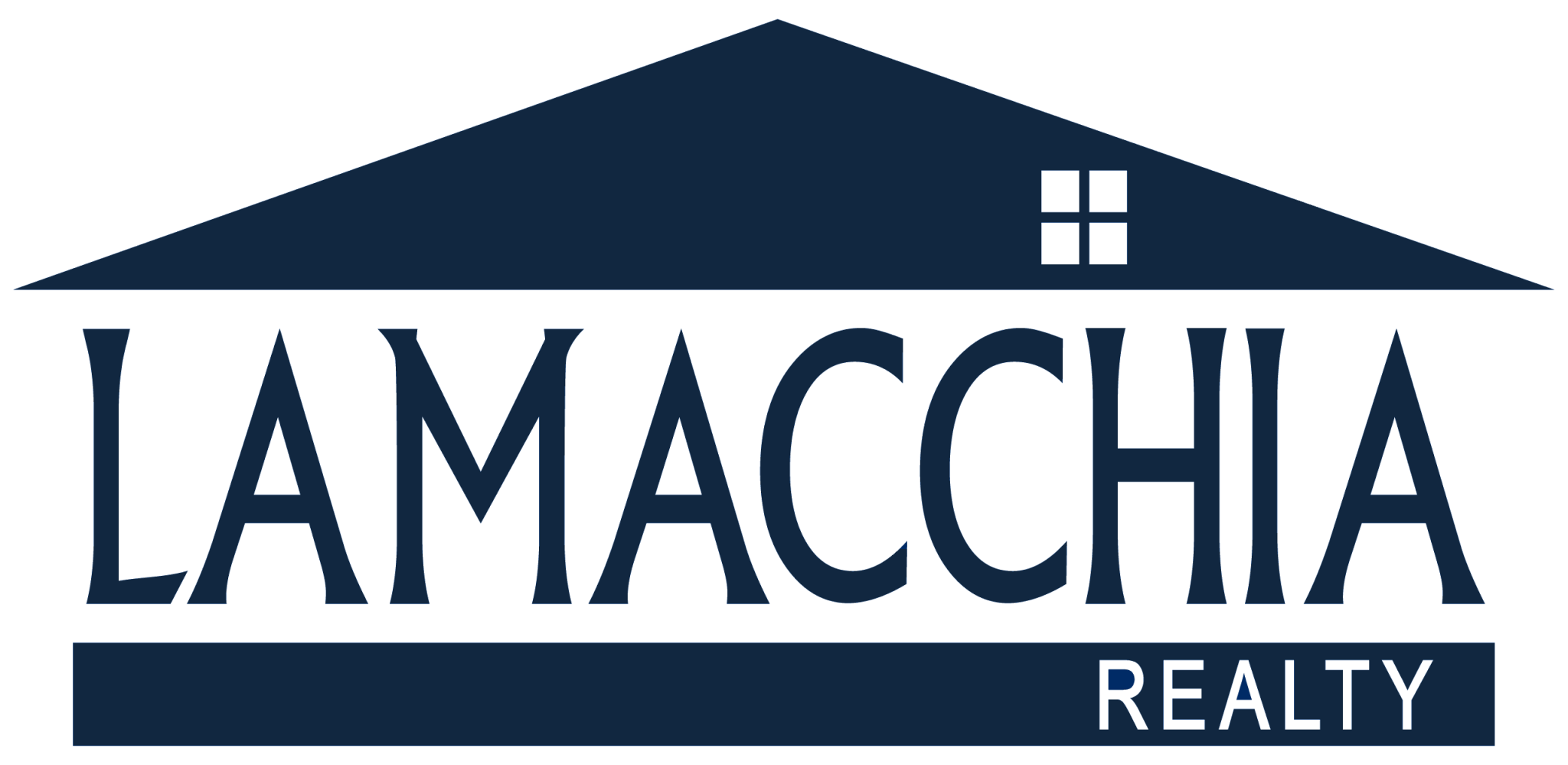
 There are a variety of reasons people sell their homes. They could be moving for a job, wanting to downsize or upgrade, or looking to relocate, to name a few. As a buyer, purchasing a home is very exciting but is also a significant decision that can at times be a bit overwhelming. Knowing what questions to ask when viewing a house is highly beneficial to help narrow down your options and find the perfect home. To guide you in making the best home-buying decision, we’ve put together some crucial questions to ask when touring a property for the first time.
There are a variety of reasons people sell their homes. They could be moving for a job, wanting to downsize or upgrade, or looking to relocate, to name a few. As a buyer, purchasing a home is very exciting but is also a significant decision that can at times be a bit overwhelming. Knowing what questions to ask when viewing a house is highly beneficial to help narrow down your options and find the perfect home. To guide you in making the best home-buying decision, we’ve put together some crucial questions to ask when touring a property for the first time.
Touring a Property: What to Know BEFORE You Go
Along with keeping note of the questions we’ll list below, there is other information you should consider before you go to a showing or open house. Be sure to have a going list of your wants and needs for your new home. If you’re someone who works from home, maybe having an office space is a requirement in your new home. Or, if having the most up-to-date appliances is important to you, be sure to inquire about this as well. Having this list on hand during the showing will help you decide if a certain house truly checks all of your boxes!
Additionally, due to the legal changes to the real estate industry that went into effect on August 17th, 2024, a written buyer agreement between you and your agent is now required prior to seeing a home, whether in-person or virtually. Your trusted buyer’s agent will work with you and ensure that you have all of the necessary documentation you need before you starting seeing houses. With these updates to the industry, it’s important now more than ever to work with an expert and reliable REALTOR® to ensure your buying journey progresses smoothly.
4 Important Questions to Ask During a Property Tour
1. Is there a history of water in the home?
Something you should know is whether the home is in an area prone to flooding. If it is, you will likely need to purchase flood insurance on top of your home insurance, a cost you should factor into your budget. Especially in Florida, a state that is very prone to flooding, ask how the area fares and what zone you’re in. This will give you an idea of the type of flood insurance you may need. If there is a history of water in the basement, or if you have a high-water table, ask how frequent water gets in. Depending on how you plan to use the space, this could determine how you handle it. Additionally, ask if there is a sump pump, as this system brings water from the basement to the outside of your home. Some homes may have sump pumps installed for preventive purposes only, so make sure to ask about this.
2. What are the ages of the major systems, and have there been any improvements made to the home?
There are certain systems throughout the home that, while they can last a while, will need to be replaced eventually. These include things like:
- The air conditioning unit
- The furnace
- The hot water heater- Keep in mind that the size of the heater is important – the more people you have in your household, the larger the tank should be so you don’t run out of hot water!
- The roof
- The windows
- Kitchen appliances, including the fridge, dishwasher, or oven
Be sure to ask if there have been any recent updates or improvements in the past 5-10 years. When it comes to repairs or remodeling, it’s a good idea to ask about any upgrades that have been done on the home.
3. What exactly is included in the sale?
In some cases, there are certain fixtures or add-ons in a home that may or may not be included in the sale of the house. Typically, anything categorized as a fixture is included in the sale of the home. This could consist of items like window treatments or light fixtures, just to name a few. That said, sometimes even these are not part of the sale. On the other hand, sometimes sellers can leave behind things the buyer may not have been aware of. It’s a good idea to ask, so that you know exactly what is included in the sale when you are on a home tour.
Keep in mind you will also be taking over any utility costs, including heating/cooling, electricity, water, trash/recycling, and more. These are important to add to your budget, so ask what the average costs of each of these utilities are. Remember, these costs can vary depending on who lives in the home. For example, the previous owners may not use the heating system in the winter as much as you do, so your heating costs may be higher.
If the home you’re considering is part of a Homeowners Association (HOA), some HOAs may bundle some costs into one monthly HOA fee, so be sure to check on those to see what you could be paying. To save on costs, consider investing in energy-saving appliances.
4. What does the neighborhood look like, and does it fit into your lifestyle?
It’s important to drive by the home and around the neighborhood to make sure there are no surprises, like railroad tracks in the backyard, or lots of landscaping to be done, for example. When you’re driving by and you see neighbors outside, feel free to ask about the general area to get a better sense of the neighborhood.
Often, buyers will do a practice run of the commute to and from work to get a sense of timing and traffic. Ask neighbors, if they have kids, what the bus ride to school is like, if this applies to you. If you have a small driveway, what’s the parking situation for guests?
Ultimately, the neighborhood you choose to move into should acclimate well with your lifestyle and budget, so be sure to do your best to research the area as much as possible!
When in Doubt, Ask Lamacchia Realty!
These questions are essential for gathering the information you need as a potential buyer, but we understand that the process can feel overwhelming. That’s where our reliable team at Lamacchia Realty comes in. With me as your agent, I can conduct additional research to address any concerns related to the home. Contact me today so I can make your home-buying journey easier!
